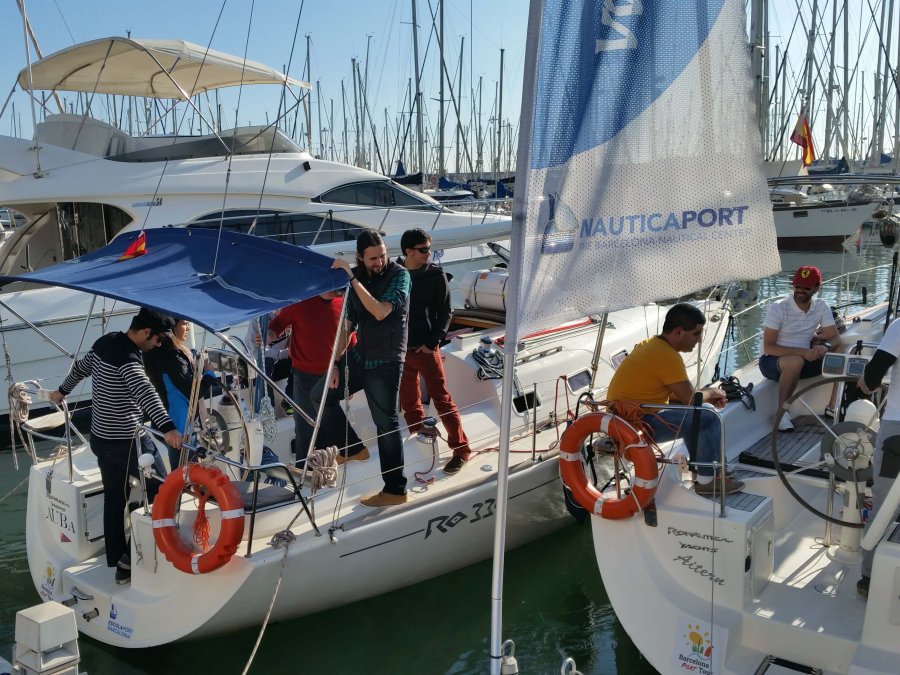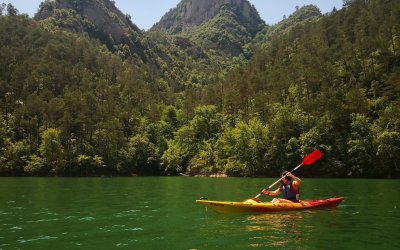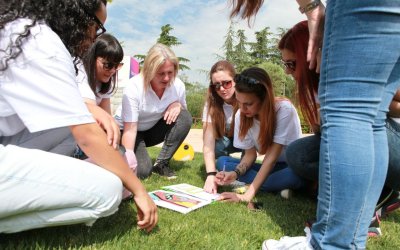With the America's Cup coming to the city, this school is taking on a key role in conveying the ethics of the event to the next generation.
Sustainability is at the heart of the strategy for this sailing competition, which will begin in August 2024 and is aligned with the United Nations’ 2030 Agenda.
That’s why it is encouraging a series of best practices that the Port School has already been promoting in the nautical sector for several years. These practices include conscientious procurement and optimising the materials used while sailing to minimise the waste generated.
The goal is to combat sea pollution by preventing this waste from reaching the water. In this regard, there have to be checks on the use of fuels, cleaning products, sunscreen and other non-biodegradable compounds such as pesticides, microplastics, oil and batteries. These checks must be in place for greywater as well: even though it is biodegradable, it can’t be dumped near ports, marinas or other busy places, as high concentrations lead to foul smells and can pose health risks to humans and marine ecosystems.
Conserving biodiversity
Another key point that both the Port School and the America's Cup emphasise is respect for marine fauna. That’s why they’re working on awareness-raising so that sailors learn to avoid getting too close to the fauna and removing elements that are essential for marine ecosystems from the water.
Both organisations also encourage studying the features of the areas visited, especially if they are listed as conservation zones, such as the Natura 2000 network.
In these and other sensitive places, they focus on what is known as responsible anchoring, which seeks to be mindful in sailing practices so as not to destroy marine ecosystems, such as those that form around posidonia (Neptune grass) when anchors are used in pristine coves.
But it’s not all about the don’ts; the Port School also implements do's. One example is the promotion of renewable fuels and energy efficiency, given the need to make sure propulsion-system fuels are efficient and renewable, whether the source is solar, wind or hydraulic. In addition to making it possible to be self-sufficient on long journeys, this means that the vessels don’t emit greenhouse gases, and it saves them from consuming energy at ports and marinas.
What’s more, the overall sustainability strategy focuses on promoting the local community, getting involved to learn about, choose and work with areas and organisations such as companies, schools, clubs, marinas, ports and regions that are already working towards nautical sustainability.
This also involves a commitment to products and services from companies with a positive impact. In fact, beyond its positive actions, the Port School asks about the sustainability contribution of the companies and organisations it interacts with in relation to its respective lines of business, the shipyards that produce vessels, rental and charter companies, clubs, sailing schools and the marinas and ports they visit.
This can lead to a virtuous cycle that will gradually increase sustainability in this field.










